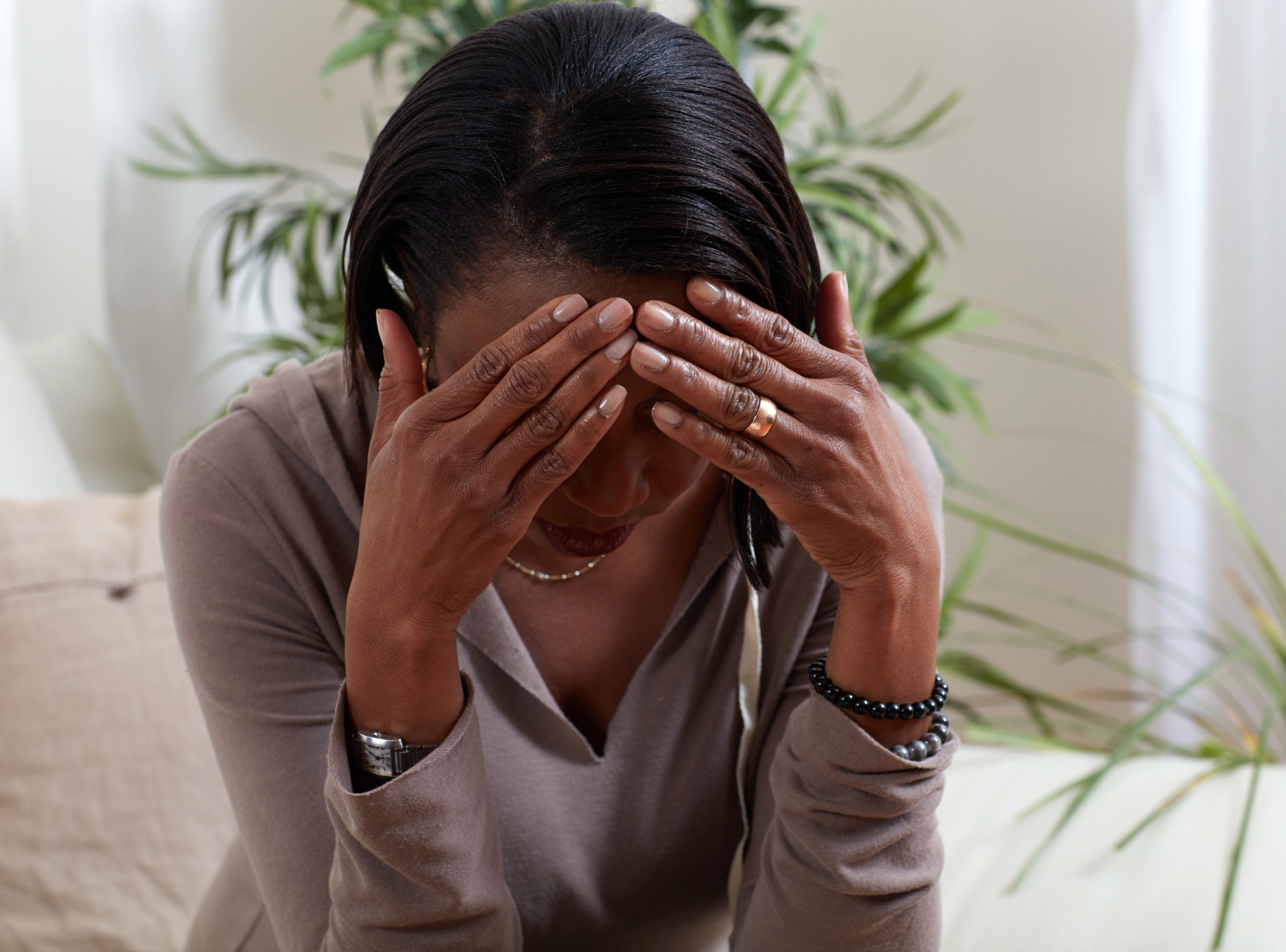Study after study is indicating that cannabis can be highly effective in the treatment of migraines. Maybe, finally, there’s a cure for these debilitating and exhausting headaches.
Summary
- The results of many studies show that cannabis is an effective and convenient solution for many migraine sufferers
- It’s possible that cannabis can be used as a preventative as well as a way to alleviate pain and nausea
If you’ve suffered from migraines, you’ve tried everything. You’ve optimistically tried all the new drugs that came out on the market. You’ve tried to identify triggers. You’ve tried special deep breathing and yoga and drank litres of water and tried fancy sleeping routines and avoided types of lighting and used acupuncture and chiropractic care. And, nothing has worked.
Many studies have looked into the evidence on cannabis and migraines and found that it’s an effective and convenient solution for many. Maybe, finally, we have a ‘cure’.
The Causes and Triggers of Migraines
First, it needs to be acknowledged that like many brain-related illnesses, the science is still debated and studied. Older theories suggested fluctuations in blood flow to the brain caused migraines. Now it’s accepted that blood vessel and flow changes are only a contributor to the pain, not the cause.
Now, it’s thought that hormones and chemicals like serotonin and oestrogen play a role in predisposing and triggering migraines. One theory is that there are waves of activity by brain cells, which trigger serotonin to narrow blood vessels. When the levels of oestrogen and serotonin change, it then triggers a migraine. This goes some way to explaining why women suffer from migraines more, if oestrogen is implicated in the cause of the headache.
Common triggers include:
- Stress or other heightened emotions, such as relief after a stressful event
- Fatigue and sleep changes
- Weather changes
- Flickering or glaring light
- Some food or drinks
- Environmental conditions, including sunlight, strong smells
Sufferers may to susceptible to some, or all, or none of these.
How and Why Does Cannabis Help Migraine Sufferers?
A recent study suggests that people who suffer from chronic migraines have low levels of AEA (the endocannabinoid N-arachidonylethanolamine) in their cerebral fluid than people who don’t get migraines. Also, AEA reuptake and metabolism enzyme levels are lower.
The endocannabinoid system (ECS) itself is a vast network that regulates and manages a lot of our body’s processes. Generally speaking, it’s about maintaining normal functions, and enabling homeostasis. Part of this is managing pain and inflammation.
There are five ways that medical marijuana in Christchurch is thought to manage migraines.
- Analgesia
- Anti convulsive
- Anti emetic (prevents serotonin reuptake)
- Anti inflammatory
- Neuroprotective benefits by decreasing dopamine creation and glutamate release
Essentially, the ECS is spread throughout the body, and manages a lot of our functions. There seems to be a difference in the functions and hormones of migraine sufferers, and cannabis appears to alleviate and mediate these problems.
Results of Studies into Cannabis and Migraines
There have been many (many, many) studies into the treatment of migraines by using cannabis. These are a few of the outcomes:
- Out of 121 patients, 103 of them showed a decrease in migraine frequency
- 343 participants showed a ‘significant benefit’ in reducing nausea and reducing the use of prescription drugs
- 279 out of 316 patients said their headaches improved, anxiety, sleep, and mood improved
- 60% of 89 patients showed a long term reduction in migraine frequency and required less migraine medications
- 94% of migraine sufferers showed relief within two hours of use, with greater relief experienced by males and younger users
- Out of 653 patients, 88.1% reported a reduction in migraine severity with inhaled cannabis
There are more studies but all show that cannabis users report a decrease in use of prescription medication, relief from migraine symptoms, and even a reduction in migraine frequency. Most show that oral, inhaled, edibles and sublingual can all help to treat migraines, but it is dependent on dose.
What’s the Downside to Cannabis as Migraine Treatment?
Side Effects
Cannabis is well tolerated, but there will always be some users who suffer from side effects. These can include dry mouth, dizziness, itchy eyes, nausea, vomiting, and psychosis. Often these can be avoided by using the lowest dose possible to achieve therapeutic results.
Self-Reported Studies
There can be problems with studies because often everything is self-reported. People diagnose migraines themselves, and use cannabis in an unregulated form, so methods of ingestion and strength of dosage can be variable.
No Dosage Guidelines
Further study is needed to create dosage recommendations. Whether CBD or THC should be used singly or together, and in what ratio or strength. Also, can it be used as a prophylactic rather than just a treatment during the attack? It appears that the effectiveness of the treatment depends on the combination used, the strength, but also a range of other factors such as the type of migraine. For instance, cluster headaches respond differently to acute migraine attacks.
Studies are underway, looking at the more effective method of ingestion, the strength of the dose, and the combination of THC and CBD.
Our Recommendations for Migraine Sufferers
Speak to us at The Pain Clinic. We can chat with you and make recommendations based on the type of migraines you experience. In general, it’s recommended to start on a low dose and titrate-up. Some people may experience relief with CBD alone, while others may benefit from both THC and CBD. Everyone is different, and we may be able to help you find a solution to your migraines.

